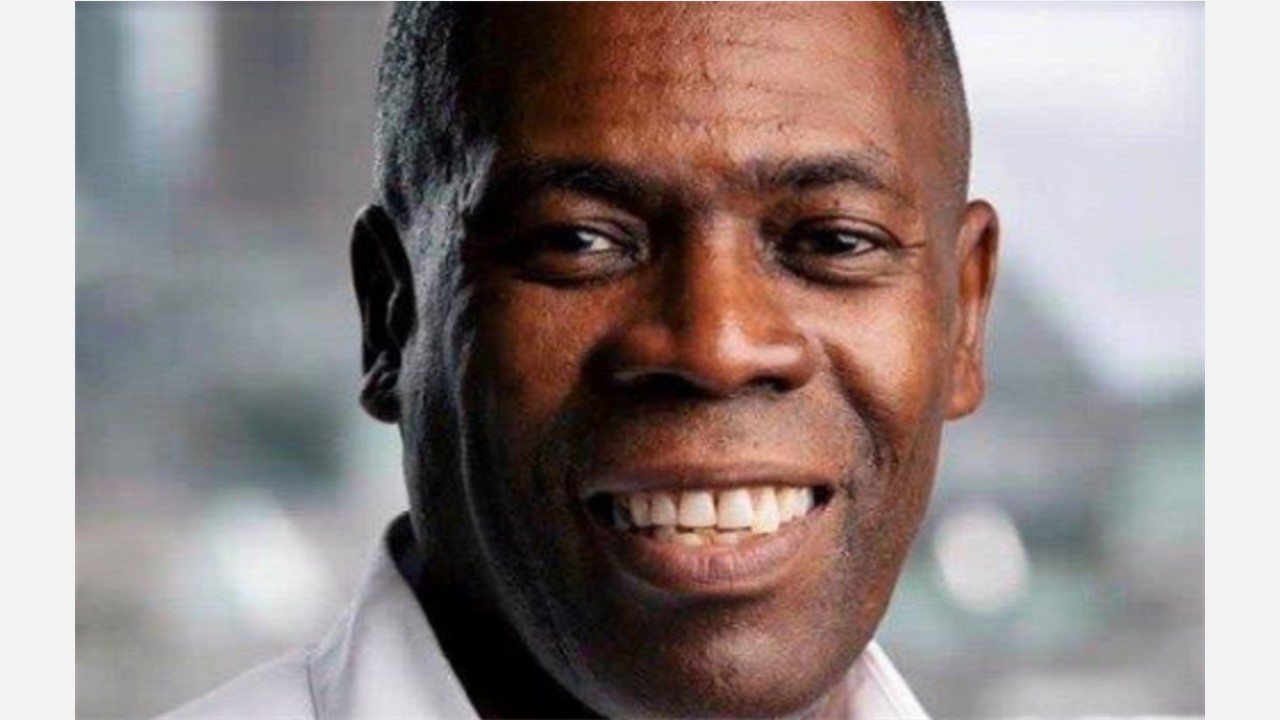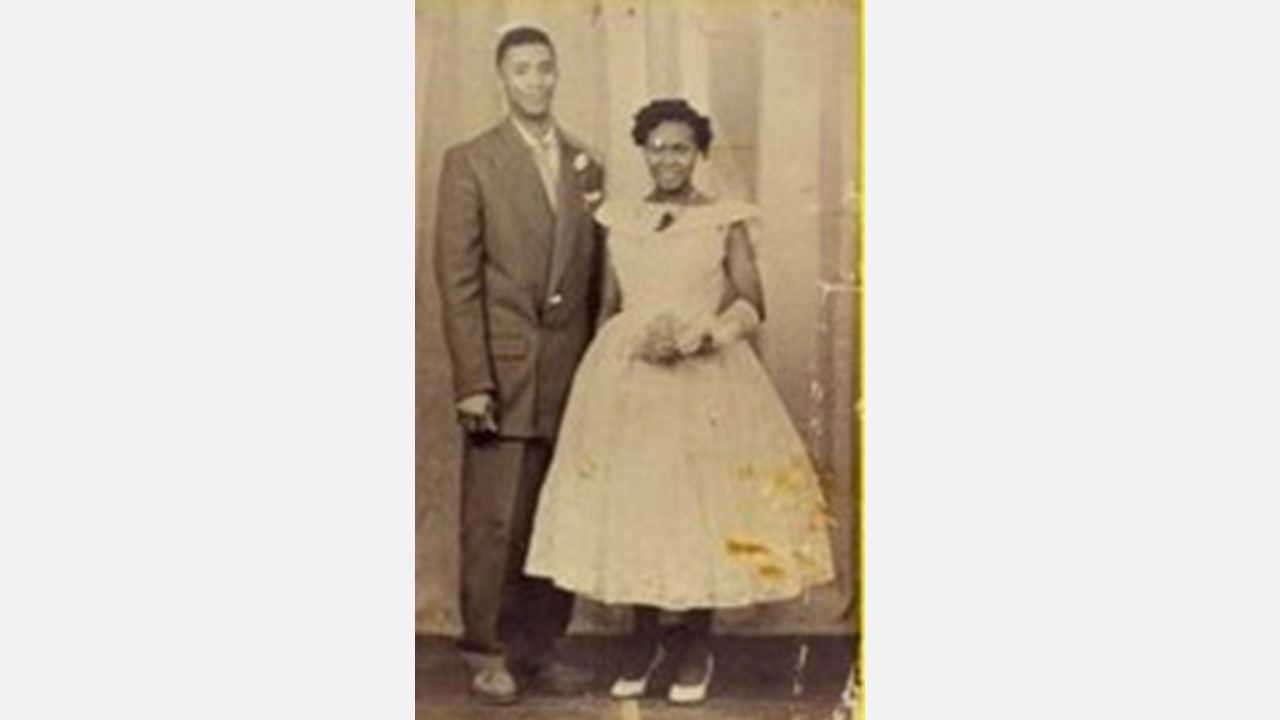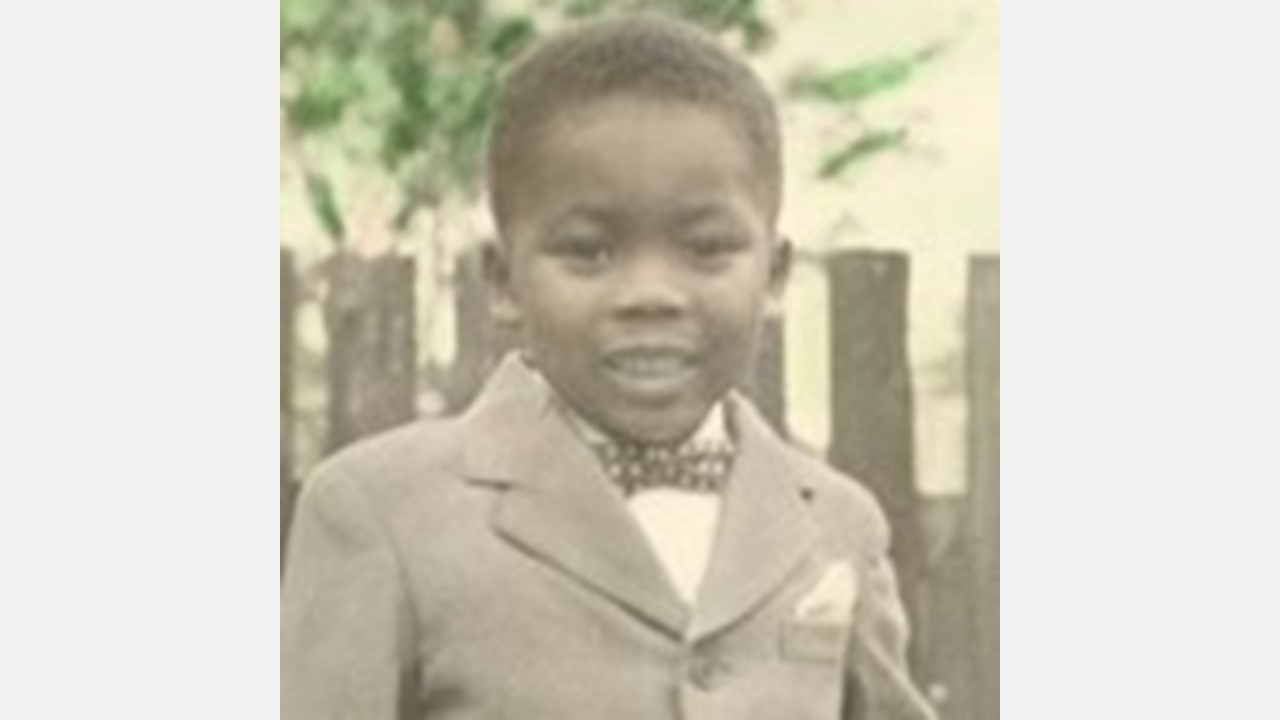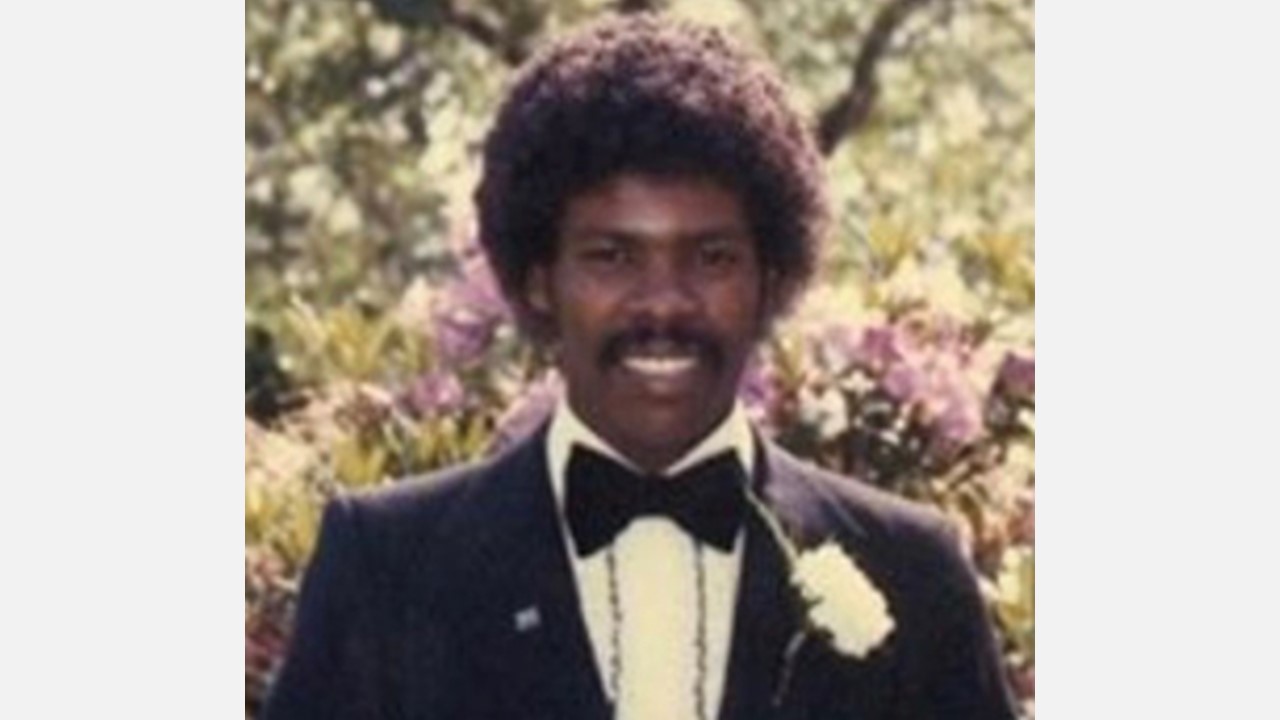What the 75th anniversary of Windrush means to me as a Scouts volunteer
75 years ago today, HMT Empire Windrush arrived in Britain. It marked the beginning of the ‘Windrush generation’ in the UK.
Known as ‘Windrush 75’, there are lots of exciting projects and activities taking place all across the UK to celebrate this historic anniversary.
We spoke to Scouts volunteer, Mike Clarke, to learn about his heritage and what Windrush 75 means to him.

Hi, Mike. Can you tell us a bit about yourself and what you do?
I’m Mike Clarke and my heritage is Black British Caribbean. I’m from Jamaican ‘Windrush generation’ parentage. I’ve also visited the same local South East London church for 45 years.
For 23 years, I’ve worked in Equity, Diversity and Inclusion (EDI) in its various guises in the private, public, third and charity sectors.
It was after a successful Macmillan event at the Green Lane Masjid in Birmingham that my national volunteering at Scouts began. I especially admired the presence of the Muslim Scouts there.
Since then, I’ve brought my EDI knowledge to the wonderful Scouts Race Equity Board, and I’m keen to start volunteering at Scouts locally.

What’s the significance of Windrush 75?
The 75th anniversary of Windrush marks the day in 1948 when HMT Empire Windrush arrived in Essex with 500 passengers from the Caribbean. They’d answered the UK’s invitation, by the Conservative government at the time, to take up jobs here and help rebuild this country, after the devastation and ravages of the second world war.
Between 1948 and 1971, around 500,000 people arrived in the UK, including my parents.
Windrush pioneers had difficulty finding accommodation, being able to open bank accounts, or securing a loan or mortgage. My own father, like many from the Caribbean, used systems he was familiar with from home. One example is the ‘Pardner’, a co-operative method of saving money to buy a home. They also suffered racism at work and on the streets.
For many years, this vital piece of British history has been left out of school curriculums and off our TVs. We’re now playing 75 years of catch-up to educate a new generation, while reminding older ones.

What does Windrush 75 mean to you?
In 1955, not long after my older sister was born, my father came to England from Jamaica. A year later, he’d saved enough for my mother to join him. A year after that, in September 1957, I was born in Lewisham, South London.
As someone born to Windrush generation parents, my life experiences and, crucially, theirs have definitely shaped me.
I was only a year old when the Notting Hill riots took place. White members of the local community attacked West Indian residences. There were disturbances, rioting and attacks every night for a week. They impacted my family for years.
Having grown up among the Windrush generation, they’re the people I most admire. They left beautiful homelands to come to the UK to progress their dreams, then suffered such discrimination in employment, housing, financial and in many more ways.
Even so, they kept their heads held high, with the utmost dignity and respect. They gave my generation and those who follow us a chance of achieving our own dreams.
Through our success, we help the Windrush generation know their personal sacrifices and indignities were not in vain. We stand on their shoulders, feeling their support, prayers and well-wishes, knowing they paved the way for us.
What’s race equity, and why’s it important?
Taking no credit at all, I absolutely love how Scouts has defined and explained race equity. In short, it’s about fairness. For Scouts, it’s about giving everyone the same opportunity to develop their character and learn new skills, no matter their race or ethnicity.
Young people can make a positive contribution to their community in Scouts Districts and across the UK if they feel like they belong there as respected equals to their peers.

What does the Race Equity Board do?
We bring experience from our professional, voluntary and personal lives to help direct the race equity project at Scouts.
Scouts are already helping almost half a million young people each week to develop skills for life. However, we know there’s under-representation when it comes to Black, Asian and Minority Ethnic young people and volunteers.
We’re committed to make sure we achieve our vision of being more inclusive and welcoming to change this. So far, we’ve worked our way through the extensive research that’s gone into the race equity programme. And we’ve got big plans to get more young people and volunteers from Black, Asian and Minority Ethnic communities into and thriving in Scouts by 2025.
What makes you optimistic for the future?
Throughout my own career and beyond, I’ve always been inspired to help right the wrongs of the various inequalities and indignities that my parents and the rest of the Windrush generation experienced.
And now, at Scouts, I just want to help more of their children, grandchildren, and even great grandchildren, flourish.
I’m hoping Scouts volunteers everywhere, especially because of the work of the Race Equity Project, will authentically invite young people from all backgrounds to join Scouts, but specifically those from Black, Asian and Minority Ethnic backgrounds who aren’t as represented at the moment. And I hope they’ll realise the responsibility they’ve to help them to stay in Scouts when they come.
I’m grateful that today, 75 years on, we can pause and remember what the Windrush generation did for us. They were called to come here, and they came. I’m glad they did.
Want to learn more about Black history?
Take a look at our activities on the Scouts Activity Finder, where you can find activities about Black History and Culture.
Go to the Scouts activity finder